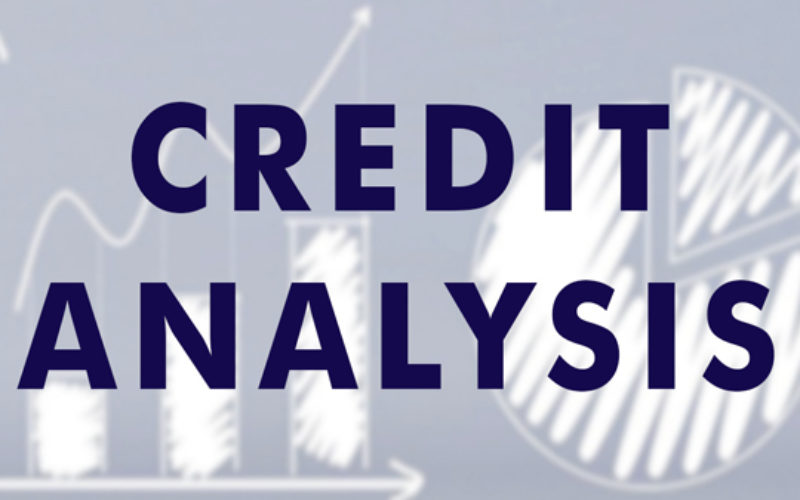What is credit analysis?

Credit analysis entails researching and analysing the debt profile and debt servicing abilities of individuals, companies or even countries. The objective of credit analysis is to look at both the borrower and the lending facility being proposed and to assign a risk rating.
The risk rating is derived by estimating the probability of default by the borrower at a given confidence level over the life of the facility, and by estimating the amount of loss that the lender would suffer in the event of default.
A Credit Analyst, therefore, is someone who finds out the creditworthiness of an entity, either an individual or company or country depending on the demands of the situation. In the case of issuing loans, companies or individual borrowers are appraised to see if they’ve the ability to service the debt and also if it’s safe to give out the loan.
In an instance of an individual borrower for credit card application, income streams and previous defaults will be analysed.
Whereas in a business or organisation. Credit analysis is the method by which one calculates the creditworthiness or the evaluation of the ability of a company to honor its financial obligations. The audited financial statements of a large company might be analysed when it issues or has issued bonds.
An investor or bond portfolio manager would then perform a credit analysis on companies or other debt issuing entities to measure the entity’s ability to meet its debt obligations.
In the case of countries, although more complex to analyse, the end result is the same an assessment of risk also called a ‘Credit Rating’ forms part of the credit analysis.










